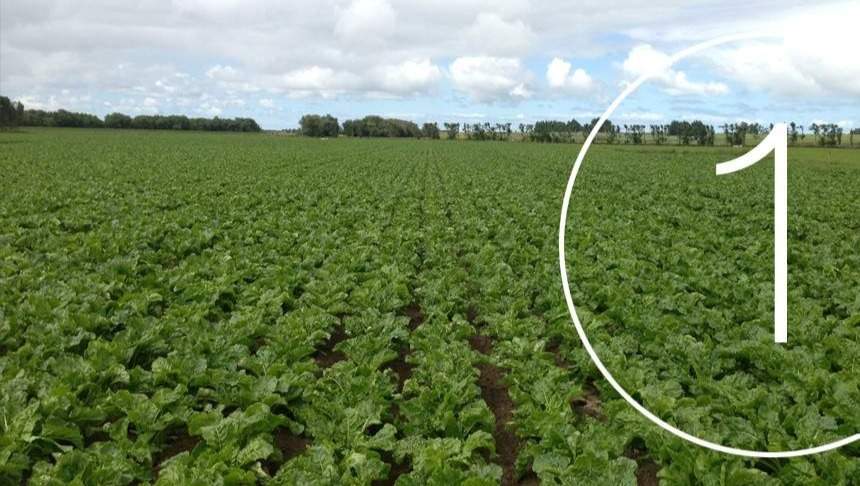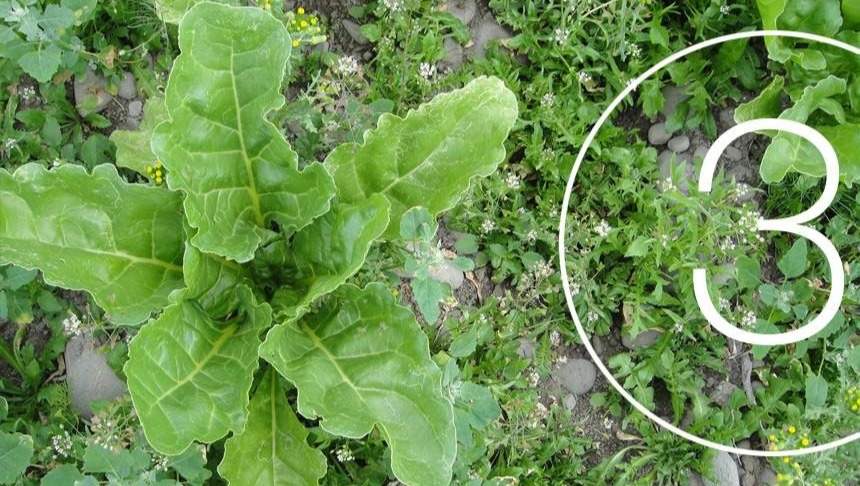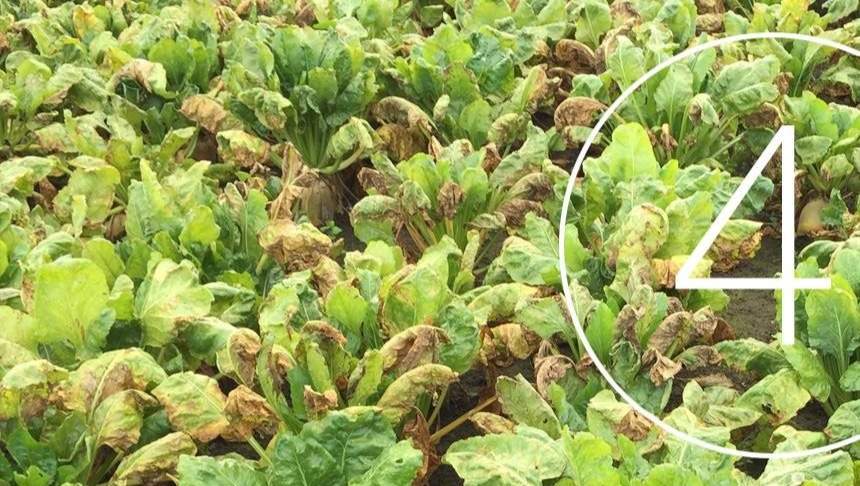
Getting the best out of your beet crop
Resources
Most farmers will require contractors with specialized equipment to complete groundwork, plant and spray the crop. Ensure contractors are available and key tasks can be completed at the critical time. This is especially the case with herbicide applications where timing is critical.
Site selection
Ideally select a paddock that is naturally fertile, reasonably free draining and does not have a history of a challenging weed burden.
Soil pH and nutrition
Beet prefers a high pH (6-6.2) so if required correct this with liming, several months before planting. Beet requires adequate nutrition throughout the season. Phosphorus, Potassium and Boron are critical for optimal growth, so correct any nutrient deficiencies pre-planting. A Nitrogen side dressing during the season is usually required to boost growth.
Seedbed preparation
The paddock should be sprayed with glyphosate to remove grass and weeds prior to cultivation. Ensure cultivation works the soil to fine tilth. This is critical for beet as a firm and fine seedbed is ideal for optimal germination and crop establishment. Complete cultivation early so a stale seedbed technique can be used. A well prepared seedbed also allows for improved performance from pre-emergent herbicides.
Precision planting
Correct spacing allows each plant to grow and develop to its optimal potential. This also allows for a dense canopy which shades out weed competition.
Insect control
During seedling establishment beet is susceptible to insect attack from cutworm, nysius and springtails. Damage from these pests can stunt and also lead to loss of plants. During this stage the crop should be monitored for insect pressure and if required an appropriate insecticide should be applied.
Weed control
Beet is a slow establishing crop and is very susceptible to weed competition. An effective and well timed herbicide programme is essential to maximise yields. Bayer Crop Science has a range of herbicides solutions for use in beet crops. These include Nortron, Betanal Quattro and Betanal Forte.
Disease control
Foliar diseases (eg; rust, powdery mildew) can significantly impact beet yields. Trials in New Zealand have demonstrated on average a 15% yield benefit from an Escolta fungicide programme.





